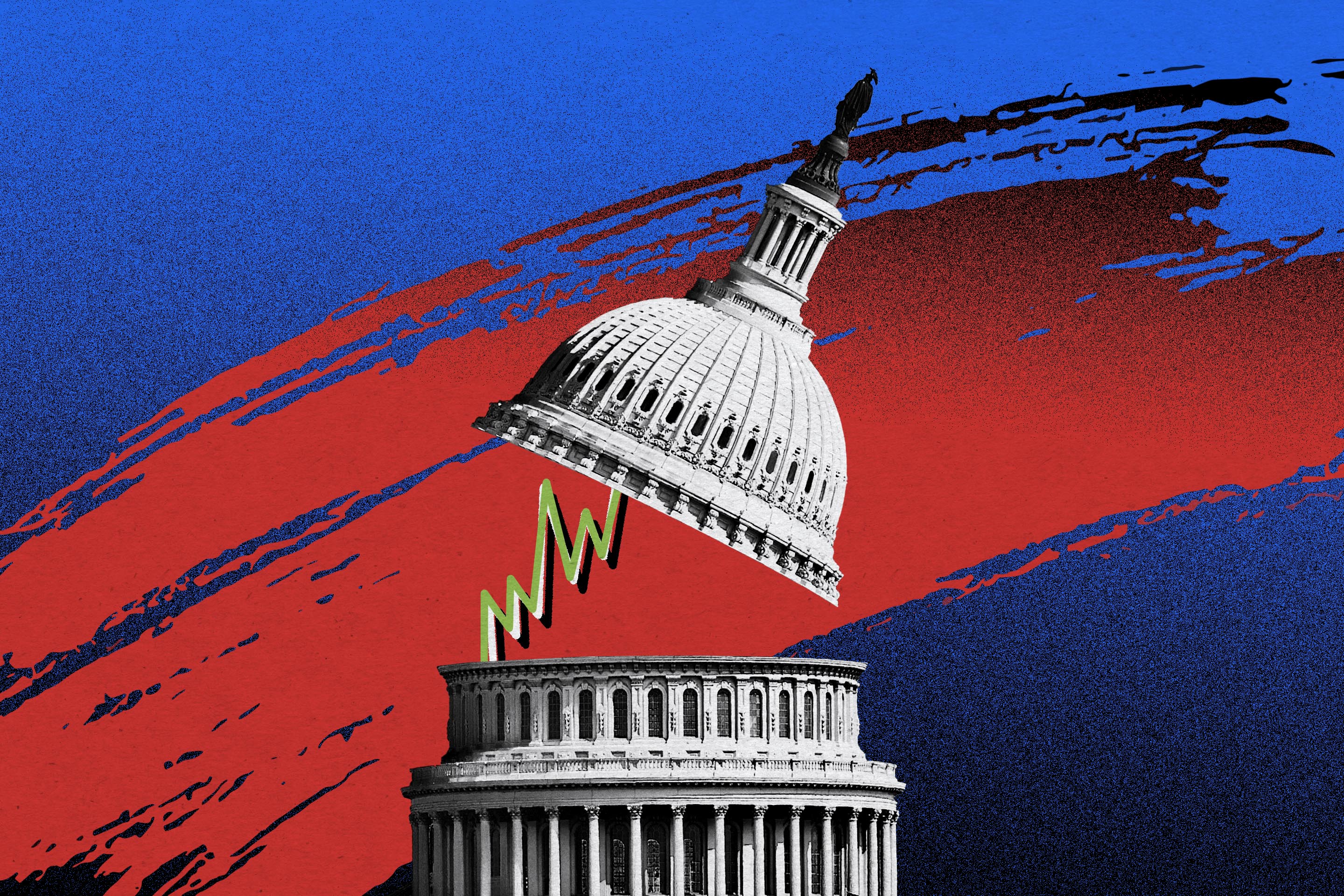Debt Ceiling Defined: 6 Quick Info You Have to Know
 [ad_1]
[ad_1]
Tensions are working excessive in Washington because the debt restrict deadline — and a possible authorities default — looms.
In an interview with ABC's This Week on Sunday, U.S. Treasury Secretary Janet Yellen warned of an “financial and monetary disaster” if lawmakers can not attain a deal quickly. President Joe Biden is ready to fulfill with legislators from each side of the aisle on Tuesday to debate how Congress would possibly transfer ahead.
Listed here are a couple of fast details you should know.
What's the debt ceiling?
The debt ceiling, additionally known as the debt restrict, is the utmost amount of cash the U.S. federal authorities is allowed to borrow to fulfill its monetary obligations. These obligations embody Social Safety and Medicare funds, cash attributable to authorities bondholders and collectors, navy salaries, tax refunds and extra.
Critically, the debt ceiling doesn't limit future spending. Quite, it authorizes the federal government to spend cash to meet its present commitments. The U.S. hit the present debt restrict ($31.4 trillion) in January.
What's the X-date?
Again in January, the Treasury Division started implementing what it known as “extraordinary measures” to make sure the federal government may proceed to make its required funds after breaching the debt ceiling.
The “X-date” is the date these measures will run out — when the federal government will truly be unable to meet all of its obligations and begin to default on funds. Consultants (together with Yellen) say the X-date may come as early as June 1.
Who can elevate the debt ceiling?
To keep away from a default on the X-date, the debt ceiling will be raised. Congress has the authority to do that. However with the intention to elevate the restrict, lawmakers should attain an settlement that may move each the Home (the place Republicans have a majority) and the Senate (the place Democrats do).
Proper now, lawmakers are deeply divided. Republicans typically need any settlement to boost the debt restrict to incorporate spending cuts, however the Biden administration has pledged to oppose these cuts.
What number of occasions has the debt ceiling been raised?
Congress has acted to boost the debt ceiling (both completely, briefly or by revising its definition) 78 occasions since 1960, in line with the Treasury Division.
What occurs if the debt ceiling isn’t raised?
If the Congress doesn’t elevate the debt ceiling by the X-date, the federal authorities will default on a few of its obligations — one thing that has by no means occurred earlier than. Consultants say the ramifications of a debt default may very well be far-reaching and dire. Suppose: a recession, main losses within the inventory market and potential disruptions to Social Safety funds.
Might Biden use the 14th Modification to avert a default?
Lately, some consultants have argued that President Biden may invoke a provision within the 14th Modification (which requires the federal government to fulfill its monetary obligations) to proceed borrowing past the debt restrict. The Washington Publish reported just lately that aides throughout the Biden administration have been evaluating the technique.
However others view utilizing the 14th Modification to boost the debt ceiling with out Congress as too dangerous. It isn't clear whether or not Biden will pursue that course.
Extra from Cash:
Are Social Safety Funds at Threat if the U.S. Defaults on Its Debt?
Greenback Scholar Asks: Why Cannot the Authorities Simply Print Extra Cash?
'Inventory Costs Will Crater' if the U.S. Defaults on Debt, Economist Warns
Comments
Post a Comment